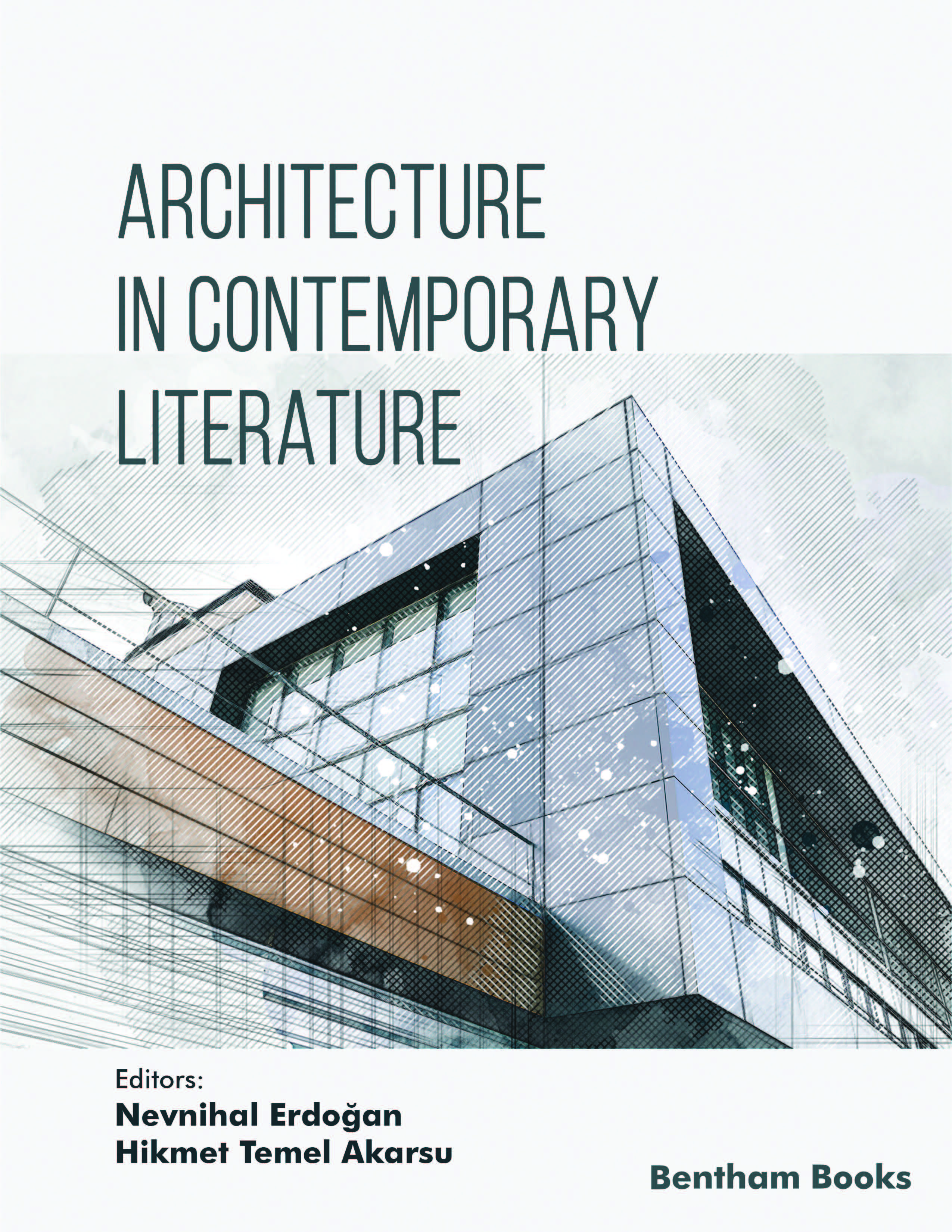Today's architectural art, education, culture, and practices have gradually turned into engineering practices, and the art of architecture, which is one of the most essential elements of “the pursuit of happiness”, has moved away from human values. Thanks to this book, the doors have been opened in order to reach a different understanding of architecture and education, inspired by the great works of literature. “Architecture in Contemporary Literature” is a book prepared with the aim of approaching, in the 21st century, the living spaces that have become monotonous and are losing their soul with a different consciousness and to bring a new perspective to the art of architecture. Through a comprehensive understanding of the studied relationship between literature and architecture, the current trivialization in aesthetics and culture can be challenged and new approaches rendered possible.
As writers devoted to the art of architecture, we believe that we need to reach a whole new environmental, urban, and architectural perception in today's world and that we can only do this by aspiring for inspirations, thoughts, and syntheses from the infinite contemplative realm of literature and art. That is why we attach great importance to the guidance of literature and philosophy in our art. So we set out to prepare the time you are reading sec now. The goal of this anthology is to start this transformation.
The selection that emerged as a result of our studies happened to be not concrete or direct actions and ideas but works that offer indirect, nominal and spiritual syntheses, original views, new perceptions of life, visions, and new horizons. We believe that some readers who cannot establish a direct relationship between some of these works and architecture will experience a different kind of enlightenment when they look at the issue from a broader perspective.
After the publication of our first book, ARCHITECTURE IN FICTIONAL LITERATURE, by BENTHAM, another critical and mandatory field of study was waiting for us: How was the issue dealt with in ARCHITECTURE IN CONTEMPORARY LITERATURE? The first book consisted mainly of works that emphasized literary references and approaches in the classical works of literature. However, it is known that many valuable pieces that deal with the indirect issues of architecture are also published in contemporary literature. This book will examine how architecture is handled from 31 major literary works selected from the masterpieces of contemporary world literature. The selected literary works in this project illustrate life in its most elucidative ways with an architectural background. By apprehending nature, society, humans, and the city through these works, it is evidently possible to formulate a new approach to the education of architecture.
By consulting leading architects, intellectuals, academics, writers, thinkers, and literary figures and scrutinizing the works meticulously, the first step of the study was to select important works that could guide today's architectural thinking, present perspectives, offer visions, and obtain articles about them. The submitted writings were satisfying, eye-opening, and encouraging.
In the preface of our book, we would like to clarify one more point: In the selection of ARCHITECTURE IN CONTEMPORARY LITERATURE, what is the criterion of “contemporary” in the books we have chosen to include in the work? This is undoubtedly a controversial area. Although some critics classify the criterion of “contemporary” as covering the entire 20th century, we have tried to deal with the works produced within our own life cycle, namely the works created after the 1950s. Without a doubt, in some works, the dates may be controversial and permeable, but we have generally tried to stick to them.
We hope that the resulting book, “Architecture in Contemporary Literature”, will be considered an ideal reference book by undergraduate and graduate students working in the fields of architecture, interior architecture, urban planning, fine arts, humanities, social sciences, and various design disciplines, academicians, and anyone with an awareness of urban life. Moreover, we believe this work deserves to be on the bookshelves of experts and authorities in design, culture, art, sociology, and literature, as well as academicians and practitioners with international views.
Nevnihal Erdoğan
Faculty of Architecture and Design
Kocaeli University, Anıtpark Campus 41300 İzmit/Kocaeli
Turkey
&
Hikmet Temel Akarsu
Author-Architect, Emin Ali Paşa Street
Beydağı Apartment, No.91 B Blok D:2 Bostancı
Istanbul, Turkey

